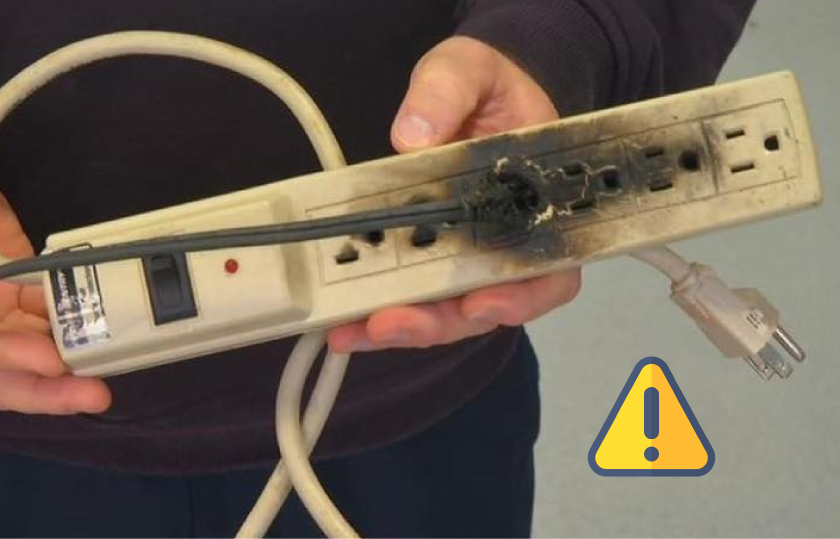When Old Man Winter arrives, many homes rely on space heaters to keep warm rather than dialing up the thermostat a few degrees. While space heaters can be a cost-effective way to warm up a room, they also pose a fire hazard if not used properly.
Make Sure Your Family Is Safe
The majority of home fires begin in the kitchen, although heating equipment is a close second. Fireplaces are often blamed, however the National Fire Protection Association reports that space heaters are the real killers in home fires.
Each year, space heaters account for 44% of the 52,000 fires ignited by heating equipment in homes, with fireplaces coming in at #2 with 32%. Not that you should get rid of your space heater, but you should be cautious when using it.
Here are 12 things you shouldn’t do with a space heater to ensure the safety of your house and loved ones.
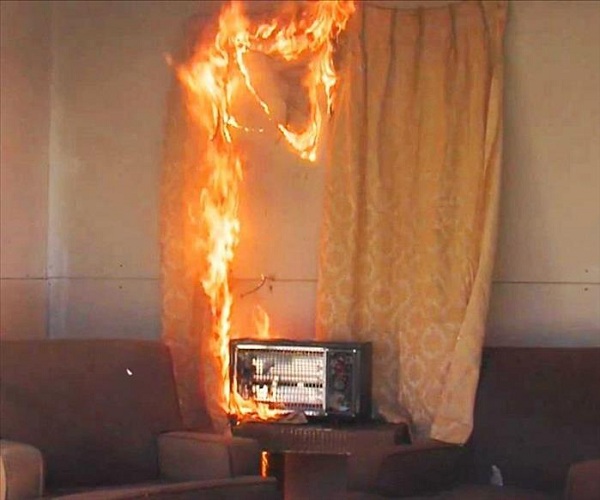
Don’t Forget the Safety Zone
A space heater combined with any kind of fabric is a recipe for disaster. Space heater fires are typically started by fabrics like clothing, curtains, upholstered furniture, or even mattresses that get too close to or touch the heater itself.
Keep a distance of three feet or more between your space heater and any paper or cloth that could catch fire.
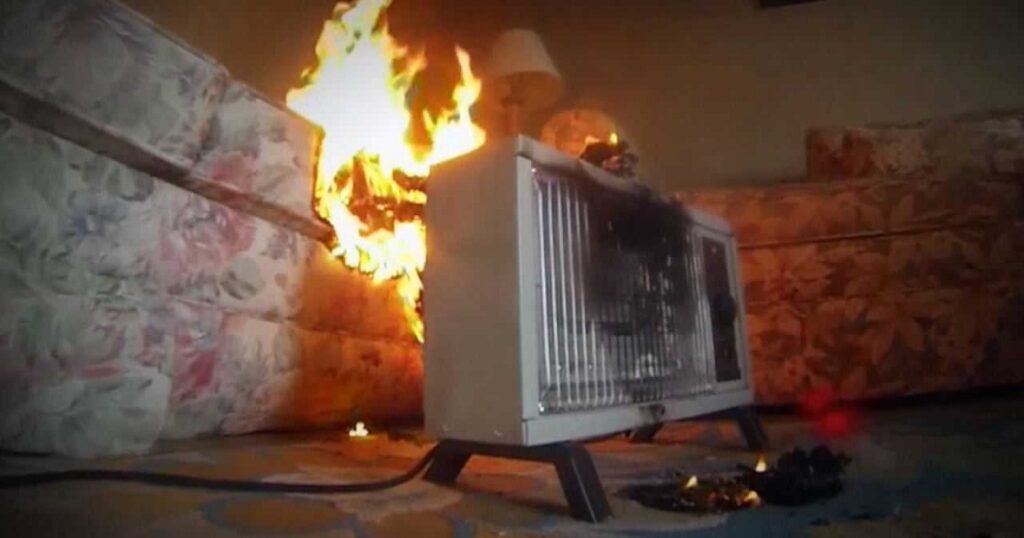
Don’t Use an Extension Cord
Avoid using an extension cable or power strip with a space heater, as you would with any equipment that produces heat.
Due to the high power consumption of the space heater, the extension cord or power strip may overheat or short-circuit, posing a fire hazard.
Always use a grounded electrical socket to power your space heater, and avoid using that outlet for any other appliances.
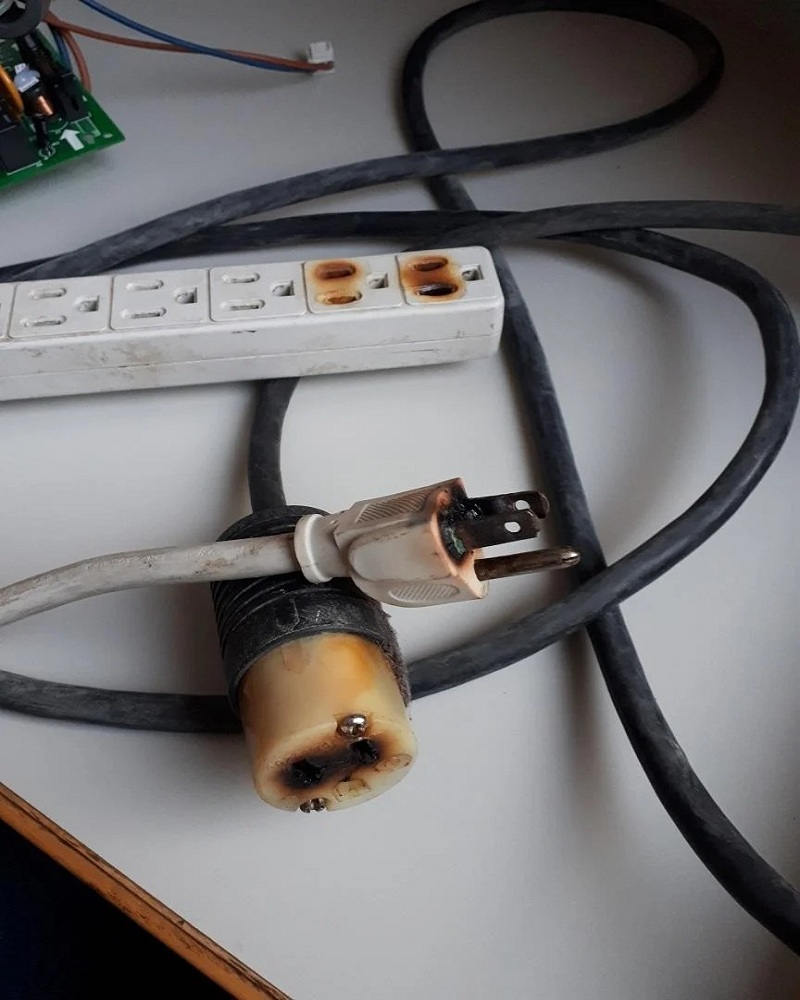
Cords Should Never be Run Under the Rug
It’s a familiar situation: you need to keep warm, but the closest electrical outlet is too far away from where you are.
You come up with the brilliant idea of hiding the space heater’s cord beneath an area rug so that it can heat the desired area and no one will trip over it.
Please don’t!
The risk of fire is further increased if the rope is routed under the rug, where it is hidden from view and could easily fray or crimp.
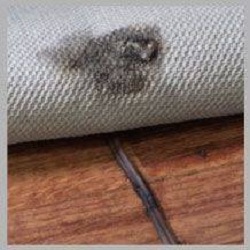
Avoid Leaving Pets Alone in the Room
Cats are naturally drawn to the comforting heat of a space heater, but a dog may also be intrigued by it if it is cold and/or curious.
Never leave pets unsupervised in a room with a running space heater, regardless of how much they may want to be near the warm glow.
Either keep Fluffy and Fido outside the room, or else turn off the space heater.
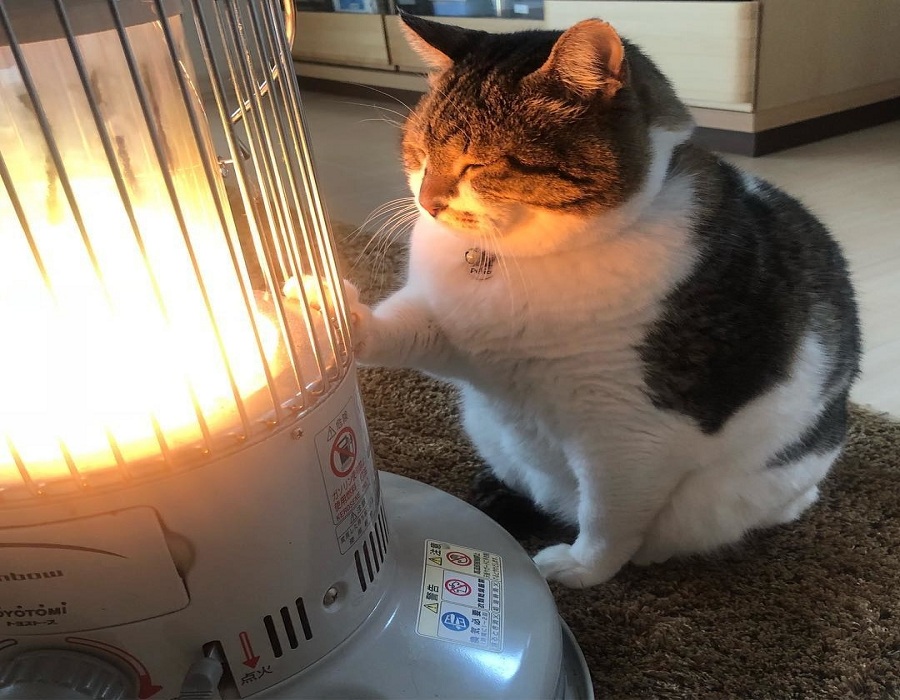
Avoid Putting the Heater on Top of Any Objects
Space heaters should not be placed on top of any furniture. The heater could be knocked on the floor by a bump or an inquisitive cat, posing a risk of burns or even a fire. Place space heaters on the ground.
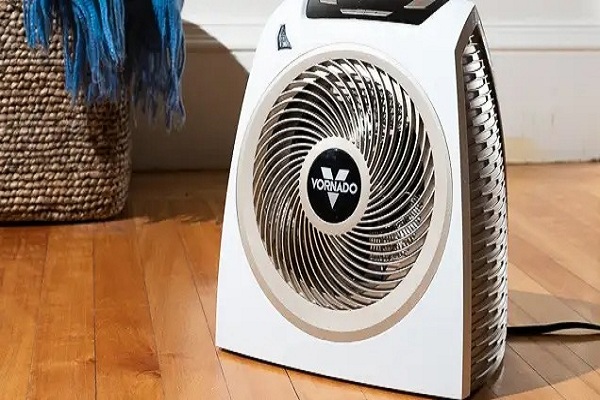
Heaters Should Not be Placed on Rugs or Carpets
Your space heater must be placed on the floor, and can only be used safely on hard surfaces like hardwood, tile, vinyl, or laminate.
Carpets and rugs should never be used as a heat source for a space heater. They are prone to retaining heat and may even catch fire if conditions are right.
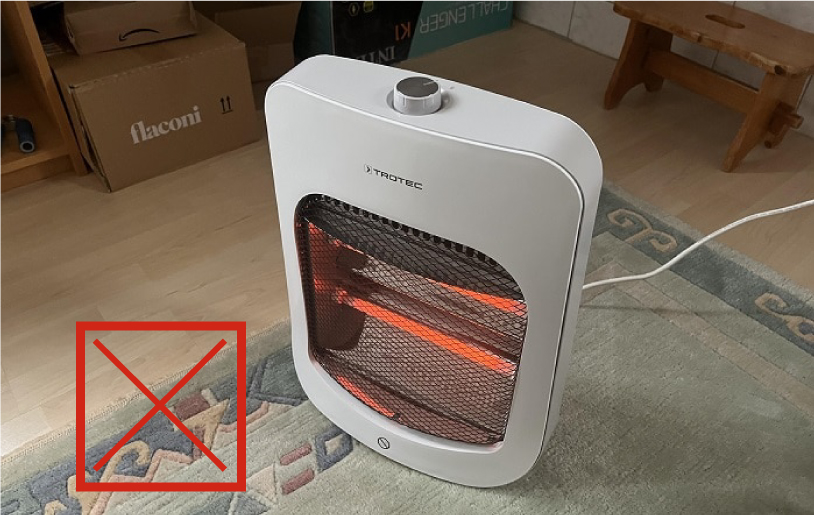
Be Sure the Heater is Kept Dry
Space heaters are convenient, but you should resist the impulse to use one in the bathroom while you shower. Never use a space heater in a closed, highly humid location, such as a bathroom with a closed door and a running tub or shower, unless the heater is built for use in humid settings (and very few are).
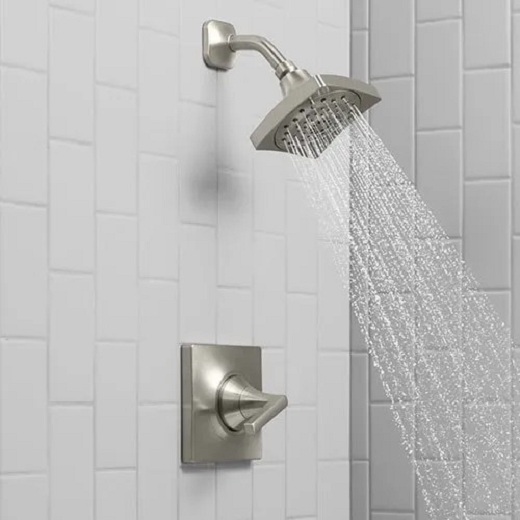
It’s Not a Good Idea to Leave a Space Heater on All Night
It is not a good idea to sleep with your space heater on all night. During the night, a fire could start if the device overheats, topples over, or experiences a short circuit. Turn off the heater at the end of the night after you’ve warmed the room up.
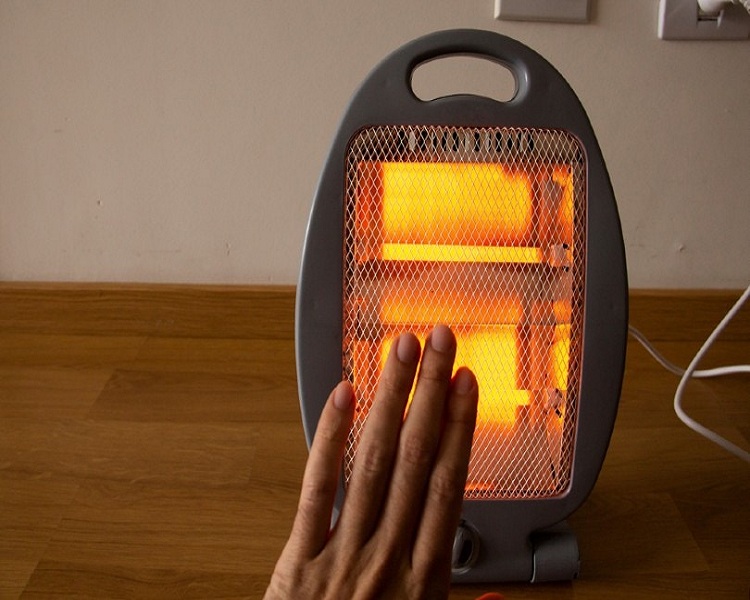
Do not Leave your Space Heater Alone
Turn off the space heater even if you’re only going to be out of the room for a few minutes. Your gadget could overheat, tip over, or short-circuit while you’re gone, even if you’re simply rushing to the kitchen for a snack or down to the basement to move the laundry to the drier. The risk is minor, but it is still a risk—and it is not worth taking.
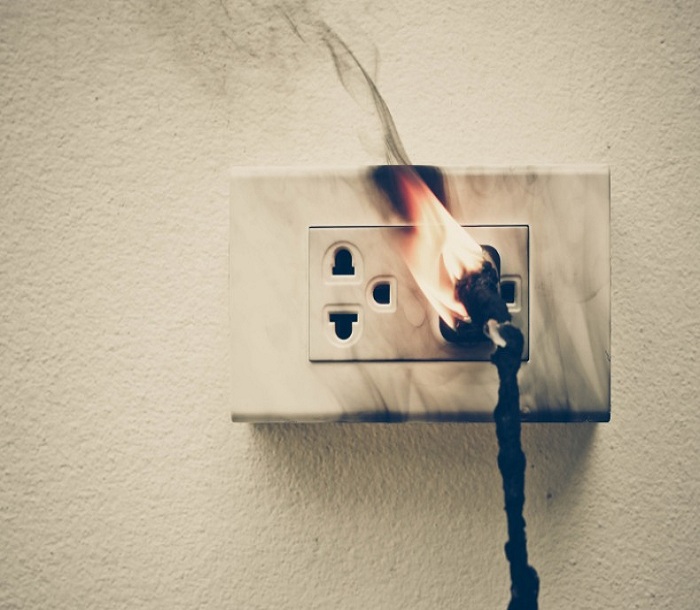
You Shouldn’t Rely on an Outdated, Used Room Heater
Unlike their predecessors, modern space heaters are equipped with several safety features, such as an automatic shut-off in the event of overheating, tipping over, or prolonged use. You should replace your old, unsafe space heater with one that was manufactured recently.
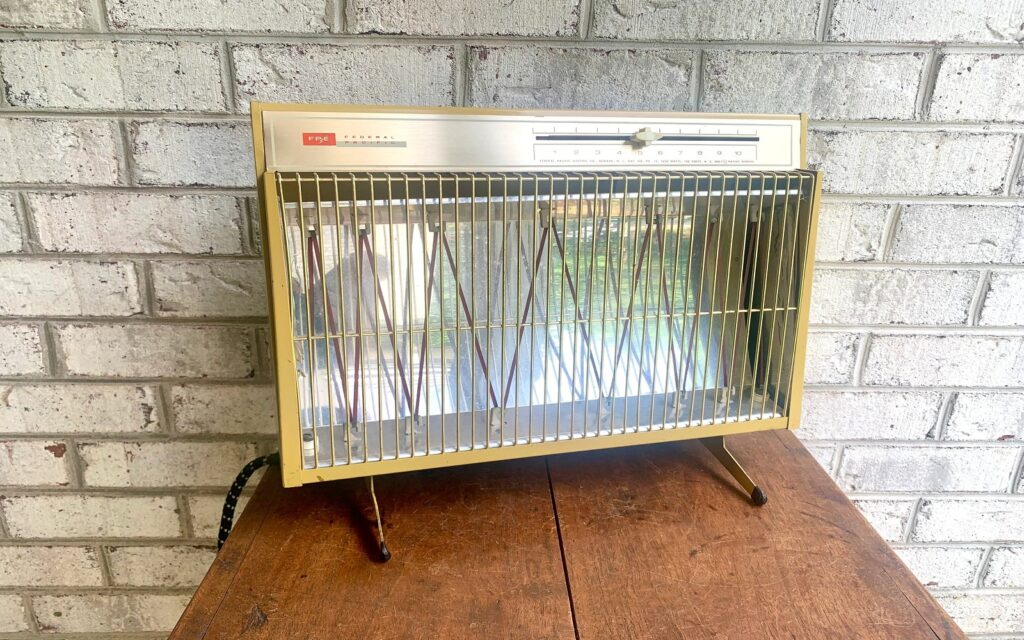
Be Sure to Verify Licensing and Accreditation
Look for the UL or Intertek seal of approval before you buy a heater for a room (ETL). The certification will typically be printed on the box the heater comes in. To guarantee the highest level of consumer protection, these groups conduct extensive testing on consumer gadgets.
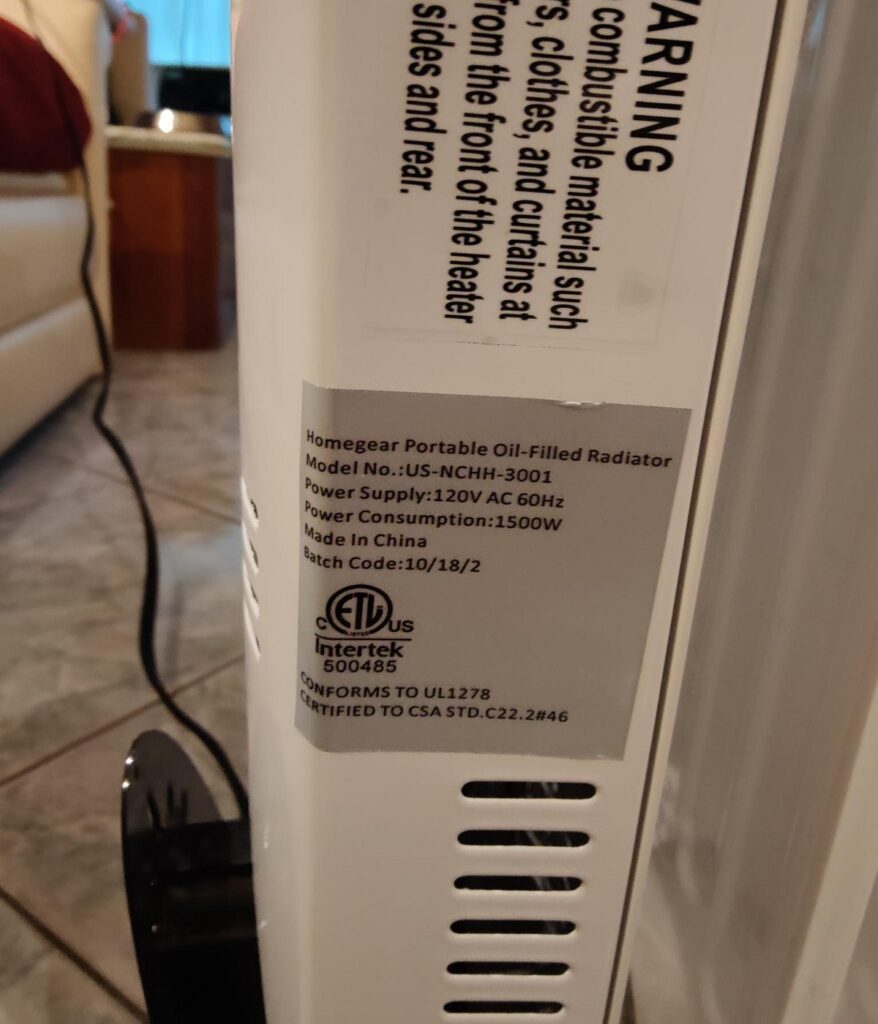
Don’t Block the Doorway or Escape Route
Nothing, especially nothing that can get scalding hot, should ever be in the way of your bedroom door or the path you would need to walk from your bed to that door in an emergency.
Avoid potential injuries by keeping your space heater at least two feet away from any entryway, pathway, or other high-traffic area in your home.

